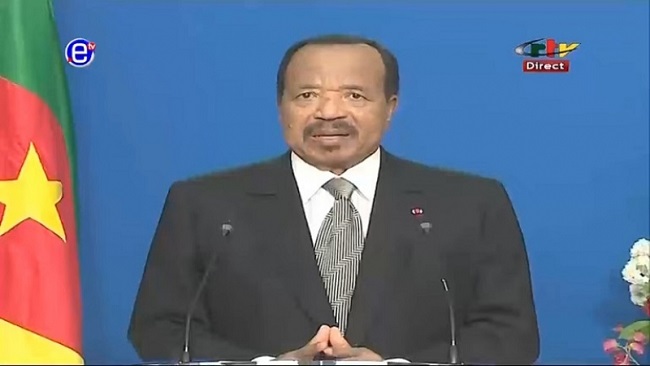Voodoo Economics: Paul Biya adjusts the state budget to cover debt
Cameroon’s President signed a decree last June 2 to modify the 2023 Finance Act. Per this amendment, the state budget has been raised from CFA6,345.1 billion to CFA6,726.9 billion, up CFA381.8 billion (the general budget is up by CFA367.7 billion, while the budget for special appropriation accounts is up by CFA14.1 billion).
Paul Biya said part of the extra amount will be used to cover debt and the other part will be for welfare projects, especially since the International Monetary Fund (IMF) has been pressuring the country to reduce fuel subsidies as “they benefit better-off social groups more”. The reduction of fuel subsidies has led to a sharp increase in pump prices and a rise in inflation and the government has therefore resorted to other measures to curb the shock. These include the improvement of the minimum wage and the remuneration of state employees.
Although it seems to be a good initiative, the new budget adjustment is not a pro-poorest-oriented approach. Indeed, the largest increase planned in the budget is for debt repayment (30% of the revised general budget). Taken together, additional personnel costs (+CFA55 billion) and additional transfers to households (+CFA125.3 billion) only represent a direct extra benefit of CFA180.3 billion. The revised budget also envisages a reduction in current and capital expenditure of almost CFA100 billion. And although these charges are often perceived as a source of ‘mismanagement’ by some citizens, they serve as a means of resource allocation by the government, and their elimination can have consequences on the economic activity of those who depend on them”.
Moreover, in addition to making additional repayments, the government plans to issue CFA 200 billion in new loans with interest rates on the rise, representing additional revenue opportunities for investors.
Source: Business in Cameroon





